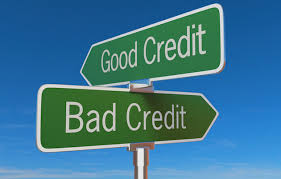What is a credit report and how does it work?
Basically it is a number that tells institutions such as Banks how credit-worthy you are.
By being proactive and taking a look at your credit score you will know how to plan your finances and future investments.
These institutions review your report when deciding whether or not they approve a loan or when deciding how much interest will charge you.
The better your credit score is, the more willing lenders will be to give you money and the lower the interest rates they’ll charge you.
Who needs to know your credit score or when would it be required.
Credit scores aren’t as used by Banks though, they are used by car lots and entities from insurance companies to landlords.
Credit scores are calculated based on the information gathered from multiple sources but mainly based on your credit report which is a record of your credit history. This is why paying your debts and bills on time is always best. Your credit history is your track record on paper.
The credit report contains information from lending institutions, collection agencies, and even the government. All of these types of institutions can report prompt payment trends or your delays.
For example if you pay back previous loans on time your credit report will reflect this.
Information on your credit score is calculated through an algorithm that varies from country to country, as well as from institution to institution.
A lot of countries don’t even have a credit score system but most countries are keeping track of their citizens’ payment trends.
In the United States your credit score is mostly calculated based on credit report information from the top three bureaus Equifax, Experian, and Transunion.
These three operate the annual creditreport.com website and you can request up to 3 free credit reports per year; one from each of these bureaus. This is because the fair and accurate credit transactions act gives you a citizen of the right to receive that information free of charge.
Do remember you will receive a credit report and not credit scores.

